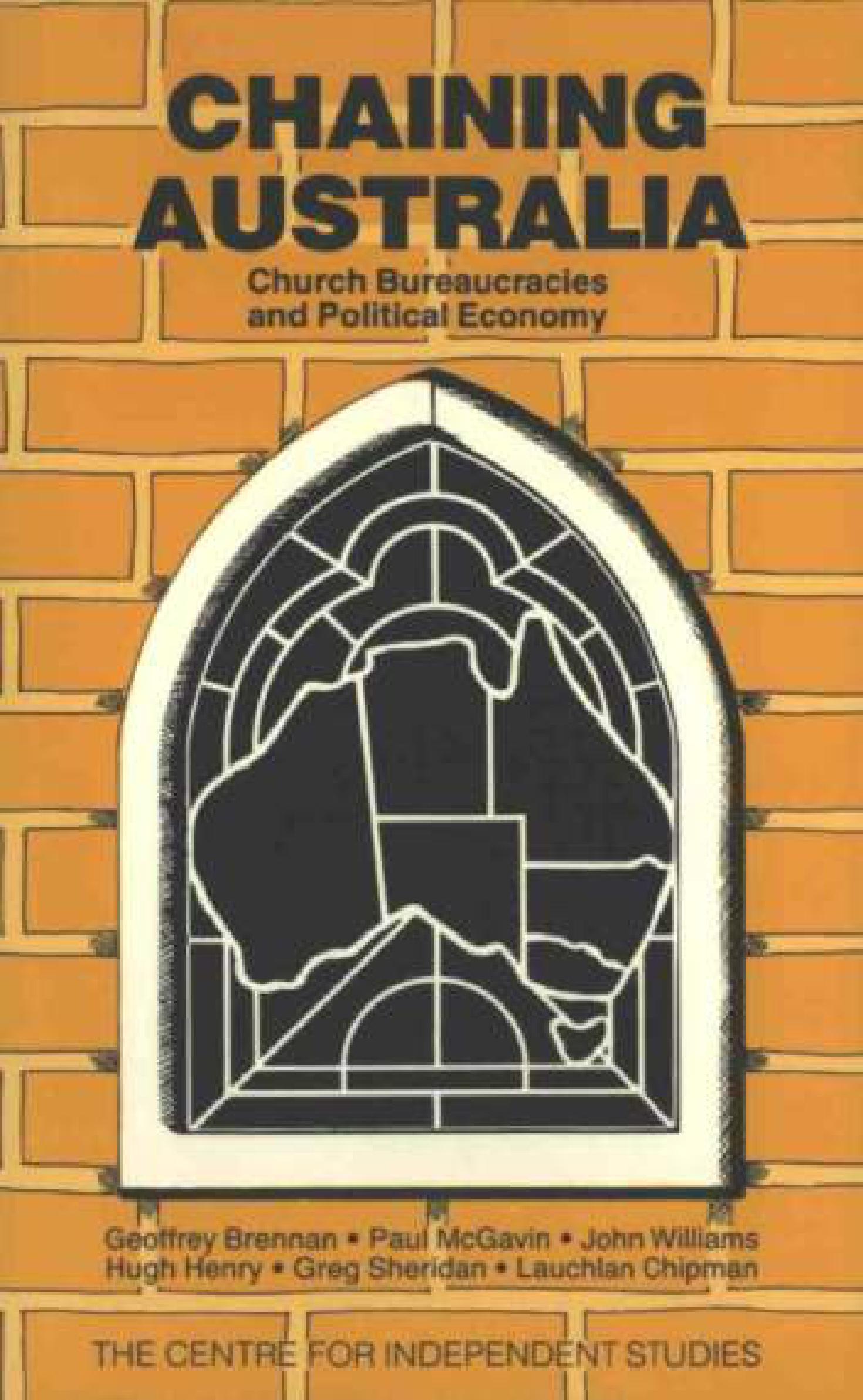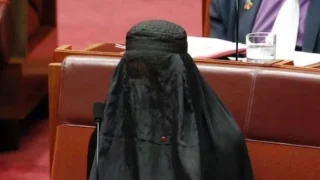
If we lived in a perfect world, church bodies would not have gotten together to write the pamphlet Changing Australia and the seminar that resulted in this book would never have been undertaken. Given that the world, and therefore Australia, is not perfect, the question for every concerned person becomes: what can I do to change the world for the better?
Solutions to the world’s problems are most likely to come from a thoughtful examination of the facts and a rational analysis of the possible effects of different courses of action. This examination and analysis is most efficiently carried out in light of the knowledge gained by people before us who have also struggled with the same problems. The insights of philosophers and scientists must not be ignored if we are to move closer to a society where people are free from want and able to pursue their own personal goals.
One of the most significant aspects of a free democratic society is that any person or group may comment on society’s problems and offer a solution based on its own particular philosophy. But when a plan is recommended to solve Australia’s economic and social problems, it must accurately describe those problems and it must justify its recommendations according to the best current economic and social science research. Changing Australia fails on both counts. That is the reason these authors were commissioned by the CIS to produce the essays that were presented in seminars in Sydney and Melbourne, and that make up this book, Chaining Australia: Church Bureaucracies and Political Economy.
Questions of religion are not in the sphere of the CIS. But some of the authors do use a Christian viewpoint and biblical illustrations to develop their analyses. Their concern and ours is to offer an alternative to concerned Christians and to stimulate thoughtful, discriminating discussion of Australia’s future.
— Greg Lindsay











